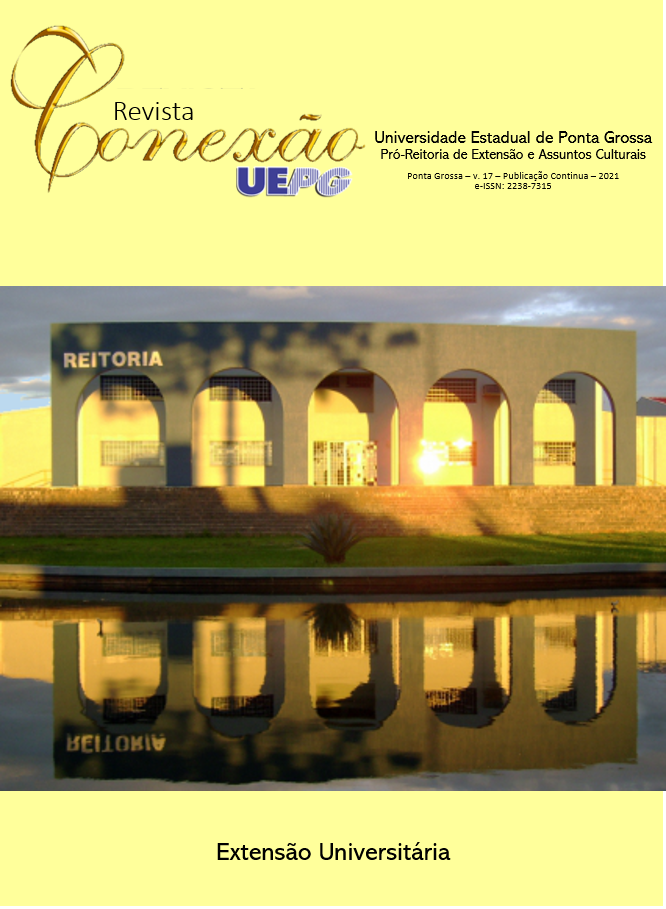O ATENDIMENTO PSICOPEDAGÓGICO HOSPITALAR E AS TECNOLOGIAS ASSISTIVAS: IMPORTANTES ALIADOS NO PROCESSO DE INCLUSÃO
DOI:
https://doi.org/10.5212/Rev.Conexao.v.17.16966.011Resumo
O artigo corresponde a um relato de experiência psicopedagógica transformadora com a utilização de tecnologias assistivas numa classe hospitalar do projeto de extensão PROBEX-UFPB “Atendimento psicopedagógico à criança e ao adolescente hospitalizado”, projeto realizado desde 2001 no Hospital Universitário Lauro Wanderley (HULW), localizado na cidade de João Pessoa - PB. O objetivo é reconhecer o uso das tecnologias assistivas no atendimento psicopedagógico, assim como de práticas pedagógicas inclusivas e sua relevância para a autonomia e o desenvolvimento cognitivo de alunos/as pacientes. A metodologia envolveu pesquisa bibliográfica e observacional, construída por meio de uma abordagem qualitativa, tendo como método de análise a análise de conteúdo. Constata-se, através da observação, que as tecnologias na educação de crianças e adolescentes hospitalizados possibilitaram condições mais oportunas de aprendizado e sua importância dentro da educação e o quanto é necessário lutar pela educação, que é de todos/as.
Downloads
Downloads
Publicado
Edição
Seção
Licença
a) Os autores mantêm os direitos autorais e concedem à revista o direito de primeira publicação, com o trabalho simultaneamente licenciado sob a Creative Commons Attribution License que permite o compartilhamento do trabalho com reconhecimento da sua autoria e publicação inicial nesta revista.
b) Ao submeter um artigo à Revista Conexão UEPG e tê-lo aprovado os autores concordam em ceder, sem remuneração, os seguintes direitos à Revista: os direitos de primeira publicação e a permissão para que a Revista redistribua esse artigo e seus metadados aos serviços de indexação e referência que seus editores julguem apropriados.
c) Os leitores são livres para transferir, imprimir e utilizar os artigos publicados na Revista, desde que haja sempre menção explícita ao(s) autor (es) e à Revista Conexão UEPG e que não haja qualquer alteração no trabalho original. Qualquer outro uso dos textos precisa ser aprovado pelo(s) autor (es) e pela Revista.

Este obra está licenciado com uma Licença Creative Commons Atribuição 4.0 Internacional.





